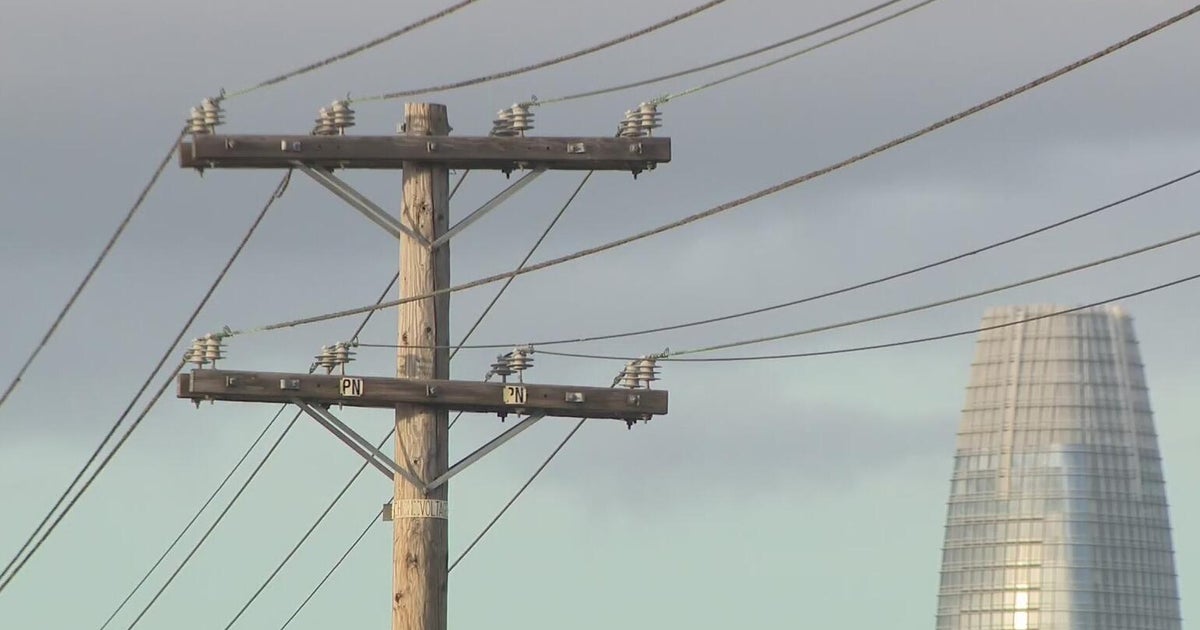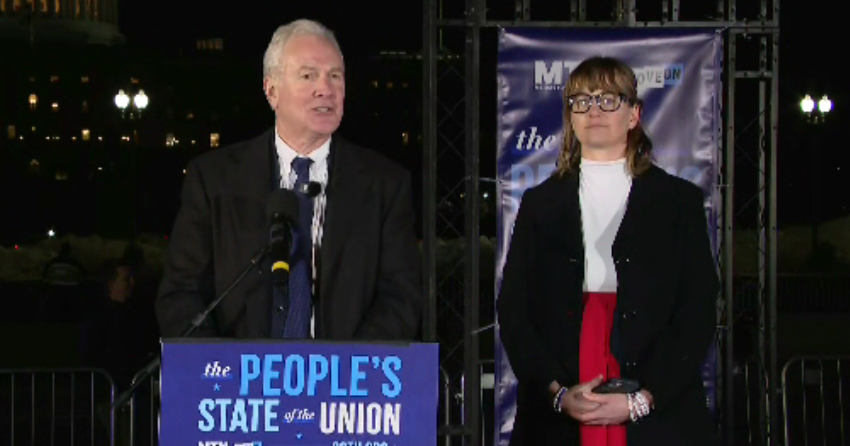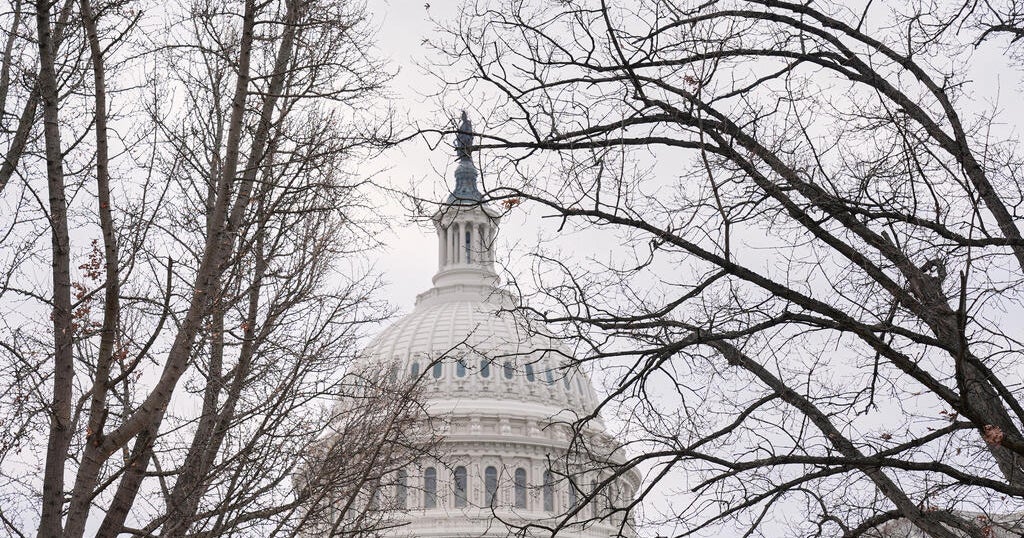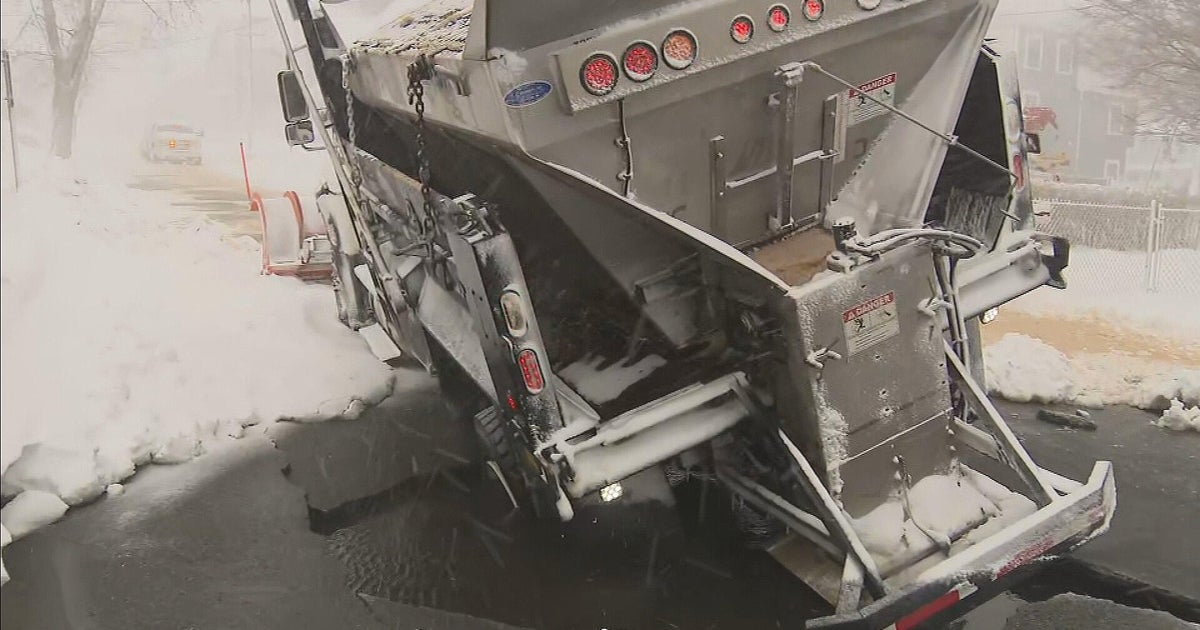Wis. Lawmakers Strip Public Workers Of Bargaining Rights
MADISON, Wis. (CBS) -- Wisconsin lawmakers have approved a controversial measure to strip nearly all collective bargaining rights from the state's public employees and Gov. Scott Walker says he'll sign it as soon as possible.
The state's Assembly passed Walker's proposal Thursday afternoon by a vote of 53-42, dealing one of the heaviest blows to the power of organized labor in years.
The state's Senate approved the measure Wednesday night after using a procedural maneuver to bypass Democrats who had fled the state to block a vote.
The measure forbids most government workers from collectively bargaining for raises beyond the rate of inflation unless approved by referendum.
It does not apply to police and firefighters.
As CBS 2's Dana Kozlov reports, the fight over union rights has been going on for weeks, bringing thousands of pro-union demonstrators to Madison. Protesters have spent weeks at the capitol, clamoring against the effort to severely reduce state workers' collective bargaining rights.
Democratic state senators fled Wisconsin last month in hopes of blocking a vote on the legislation, but Wednesday night, Republicans used a parliamentary maneuver to pass it without them.
Now that the measure has passed, those Democrats planned to return to Wisconsin soon, but that doesn't mean their fight is over.
Some opponents have said by pushing through the proposal so quickly on Wednesday, they failed to provide the proper public notice of a hearing and vote on the plan.
Democratic Wisconsin state Sen. Jon Erpenbach said that opponents will have a team of lawyers examining whether the Republicans' move violated the state's Open Meetings laws.
"It's something that we all take seriously and if they didn't notice it properly then it ends up in court and it becomes a real mess," he told CBS 2 in Chicago, where he has spent the last few weeks.
Opponents also have suggested they might begin recall efforts to have Walker and some Republican lawmakers removed from office, noting that recent polls showed Walker's approval rating dove below 50 percent after launching his anti-union effort.
The proposal originally had been part of a larger budget plan from Walker's office. Any spending measures require at least 20 senators to be present to establish a quorum and vote, but with all 14 Democratic senators absent, Republicans couldn't pass the bill.
On Wednesday, Republican leaders split the anti-union measures off of the budget bill and voted on it as a separate piece of legislation, sending it to the Assembly for Thursday's vote.
Furious protestors flooded Wisconsin's capital building Thursday, angry over what they believe was a sneaky move to bust unions.
But Walker has defended the move and said the effort to curtail union rights is necessary to balance the state's budget.
"We followed the law and that allows us to move forward with these reforms, which are indeed fiscal," Walker said. "They're not in conflict with that requirement for a quorum, but they are indeed fiscal."
But protestors - some who were arrested inside the capitol on Thursday - and many Democratic lawmakers don't see it that way.
"I just cannot believe the lengths they are gonna go to, to strip people of their rights," one protester said in Madison on Thursday.
Walker insists it's all about fiscal reform.
He said the measure would save Wisconsin $30 million in 2011 and avoid 1,500 layoffs he had threatened to make if Democrats had successfully blocked a vote on his plan.
"It also gives the tools not only to improve government for the people of this state – particularly middle class taxpayers of the state – but it ultimately allows us the tools at both the state and local level to balance our budgets and to balance our budgets not just now, but into the future," Walker said.
Opponents said Walker was simply aiming for a future with weakened unions.
Former White House senior adviser David Axelrod said Walker's plan was clearly a union-busting effort disguised as a budget-cutting measure.
"It is absolutely legitimate for state governments to ask for sacrifice broadly from their own workers in order to deal with very significant budget challenges," Axelrod said. "But that should not be used as a kind of Trojan Horse through which you roll in a kind of ideological agenda to destroy unions. And that's what we've seen in Wisconsin.
Axelrod also said the state worker unions in Wisconsin were willing to make concessions to help the state save money, but Walker "wouldn't take yes for an answer, which is unfortunate."
The implementation of Walker's proposal will be a key victory for Republicans who have targeted unions amid efforts to slash government spending.
But opponents have said the anti-union effort ultimately will lead to Walker and other Republicans being voted out of office, claiming most Wisconsin voters are opposed to Walker's effort.







